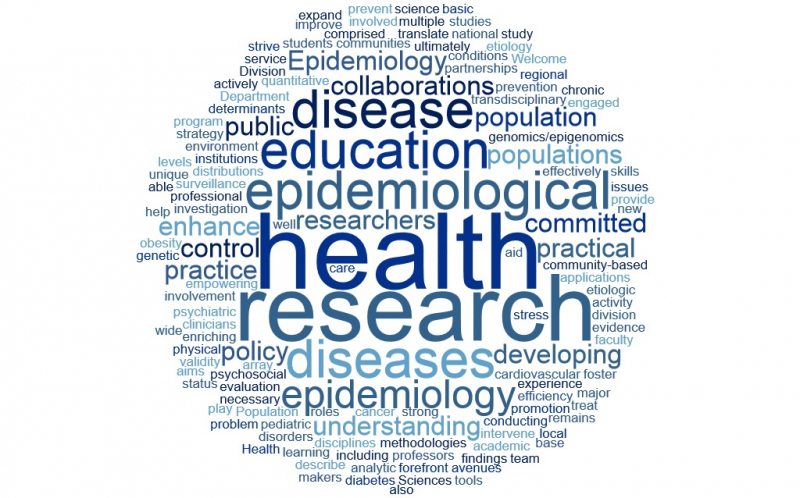Validity and Bias in Epidemiology
Epidemiological investigations can reveal important information about the prevalence of an illness, its possible causes, and the efficacy of existing therapies. When attempting to address such a topic, choosing a suitable study design can go a long way. This, however, is far from sufficient. For a variety of reasons, a study can provide skewed results. This course includes an overview of some of these characteristics as well as tips on how to deal with bias in epidemiological studies.
This Validity and Bias in Epidemiology course will teach you about the different types of bias and how they can affect your research findings. The focus will next shift to the concept of confounding, with an examination of various approaches for detecting and controlling confounding in various study designs. The phenomena of effect modification, which is critical to understanding and interpreting study results, will be discussed in the final module of this course. They will wrap up the course with a larger discussion of causality in epidemiology, emphasizing how you may use all of the techniques you have learned to determine whether your data show a true relationship and if it is causal. This is definitely one of the best online epidemiology courses.
Rating: 4.9/5
Duration: 8 hours
Level: Intermediate level (A background in health sciences or/and quantitative methods would be useful, but not essential)
Link: coursera.org/learn/validity-bias-epidemiology










